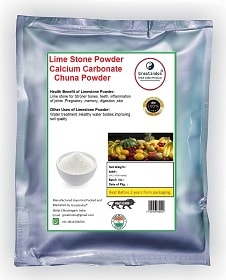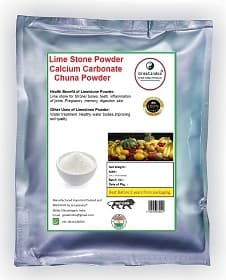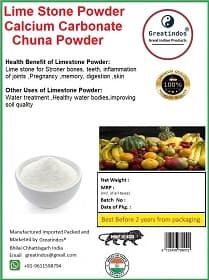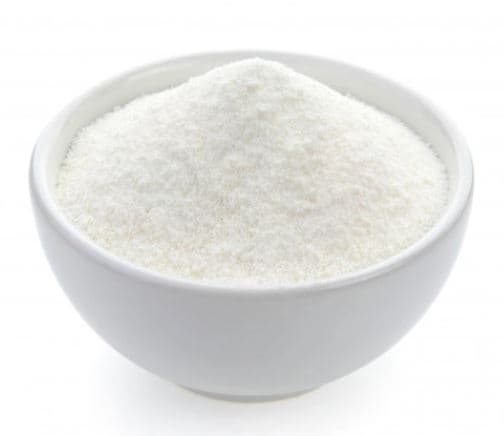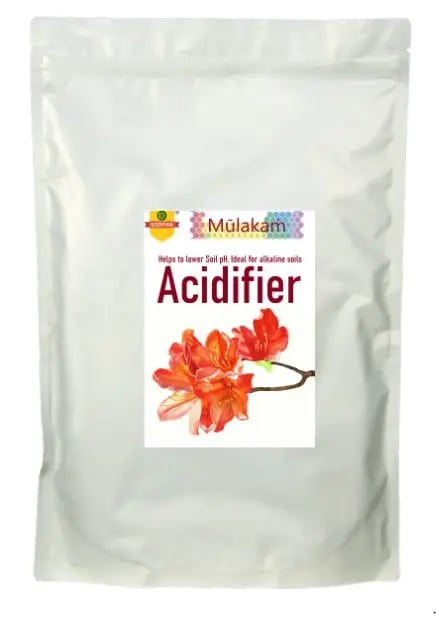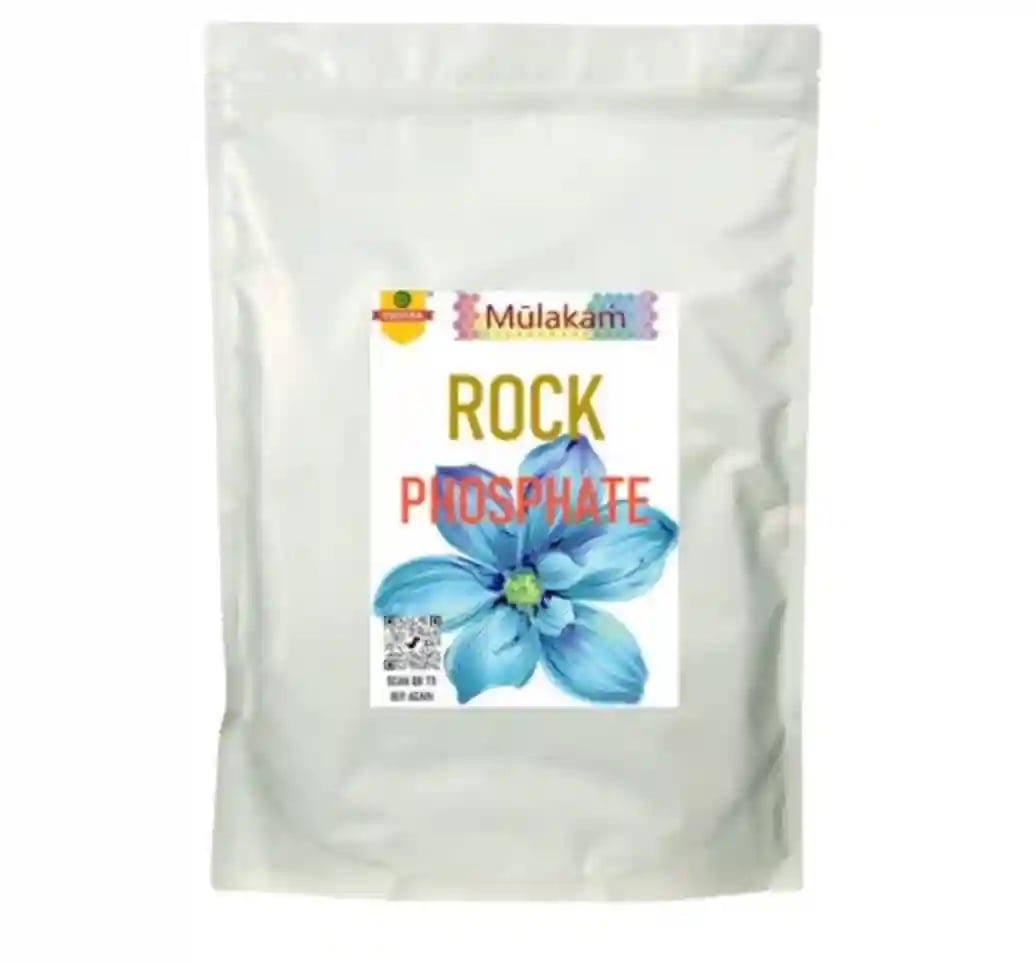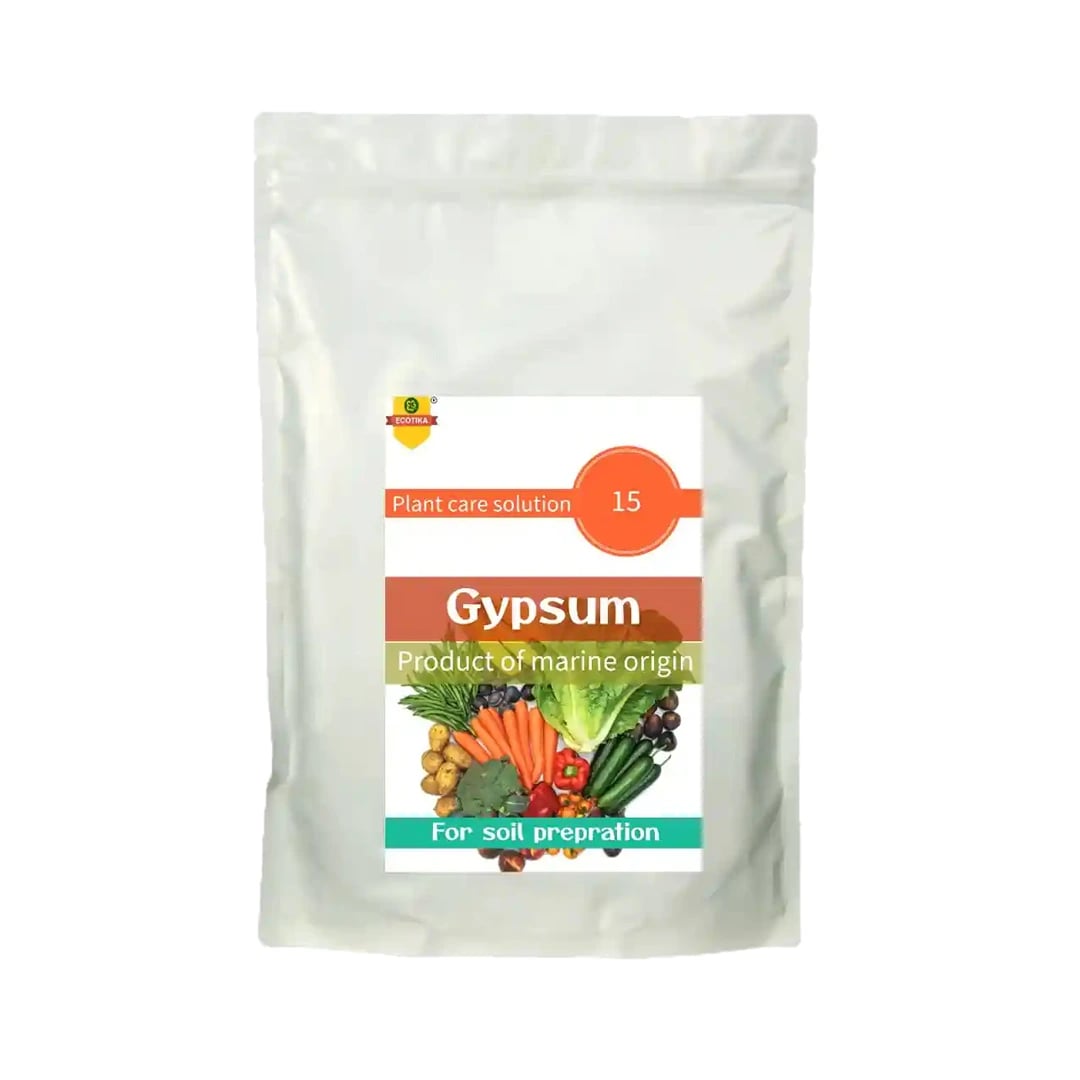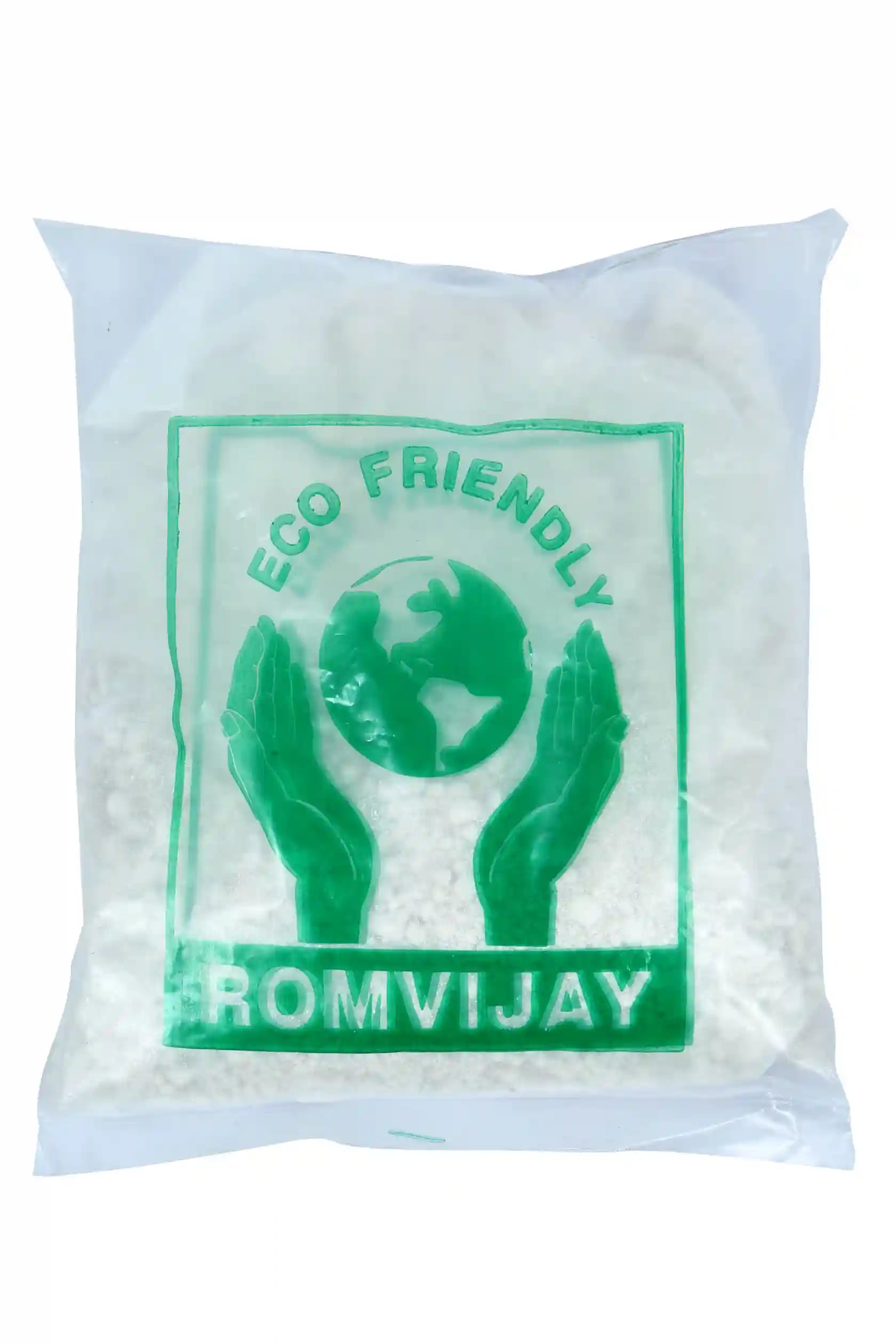
Need help? Call us: 7428208822Help: 7428208822
Guaranteed Lowest Prices
FREE India Wide Shipping
SAFE SHOPPING Guarantee
EASY Returns & Replacements
Most Searched on AgriBegri
Equipments :Hand Operated Tools | Spray Pump | Tarpaulin | Mulching | Brush Cutter | Weeders | Water Pump | Pond Liner | Vermi Compost Bed | Biofloc Fish Tank | Head Torch | Azolla Growing Bed | Weed Control Mat | Solar Products | Fogging Machine | Chain Saw | Crop Protection Cover | Hedge Trimmer | Earth Auger | Other Hardware | Traps
Gardening :Spray Pumps | Lawn Mowers | Pebbles | Accessories | Seeds | Fertilizer | Pesticides | Garden Shade Net | Coco Peat | Tools | Transplanting | Repotting Mat | Gardening Kit | Grow Bag | De oiled Cake | Flower Seeds | Fertilizer Blend
Crop protection :Insecticides | Herbicides/Weedicide | Fungicides | Bactericides | Sticking/Wetting Agent | Animal Repellent | Nematicide | Combo Product | Crop Special Products
Fertilizers :Biological Fertilizers | Micronutrient Fertilizers | Organic Fertilizers | Liquid Fertilizers | Soil Fertilizers | Bulk Fertilizers | Water Fertilizers | Chelated Micronutrient
Organic Farming :Organic Fertilizer | Viricides | Neem Oil | Waste Decomposer | Vermi Compost | Organic Remedial Inputs
Seeds :Vegetable | Natural | Onion | Cotton Seeds | Field Crop | Exotic Vegetable | Fruit Crop | Root And Tuber Crop | Leafy Vegetable | Marigold
Irrigation :Sprinkler | Drip Irrigation Accessories | Pipe & Fitting | Drip Irrigation Kit | Rain Pipe
Cattle & Bird Care :Fodder Seed | Mineral Mixture | Aquaculture Feed Additives | Goat And Sheep Care | Poultry Feed Supplements | Swine Supplement | Silage bag(Murghas Bag)
Growth Promoters :pH balancer | Humic Acid | PGR / PGP / PGH | Humic & Fulvic Acid | Flowering Stimulant
Insecticides : Exylon Thiazol Thiamethoxam 30% FS Insecticide, Efficient Seed Treatment For Early Pest Control / Katyayani Docter Thiamethoxam 30% FS Insecticide, For Systemic Seed Treatment / Mahindra Summit Attila Gold Thiamethoxam 30% FS Insecticide, Use For Seed Treatment and Sucking Pests / United Chemical Unitara FS Thiamethoxam 30% FS Insecticide, Systemic Insecticide / EBS Thiomaster Thiamethoxam 30% FS, Control Of A Wide Range Of Early Season Sucking And Chewing, Leaf-Feeding And Soil Dwelling Insect Pests
Agriculture Equipments : WAVAR A4 Sticky Trap, 12 x 8 Inch, 3mm Thickness, Eco Friendly (Combo Of 20 Yellow + 5 Blue) / WAVAR Bactrocera Dorsalis Macphil Trap, Easy To Install, Effective Fruit Fly Control / WAVAR Funnel Trap with Spodoptera Litura Lure, Efficient For Armyworm And Cutworm Pest Control In Crops / WAVAR Leucinodes Orbonalis Funnel Trap, Efficient For Brinjal Fruit Shoot Borer Pest, Effective Pest Management / WAVAR Tuta Absoluta Delta Trap, Effective For Tomato Leaf Miner Pest Control In Crops
Gardening Products : Radhe Premium Silicone Thumb Cutter With Finger Protection, Plucking Device For Cutting Vegetable and Fruit Scraper (Pack of 5) / Balwaan SP-80B Li-Ion Garden Spray Pump, 12 Volt x 2.6 Amp Battery, 8 Ltr Tank Capacity, Suitable for Garden Pest Control and Agriculture / Mustard Oil Cake Powder for Healthy Plant Growth, made from premium quality cold pressed oil cakes / Green Garden Shade Net - Genuine 50% Shade, Mesh, UV Stabilized Material, HDPE Virgin Polymer
Trending Products
Vesicular Arbuscular Mycorrhiza / Hydrogen Peroxide 30% / Crop Tonic 21 Amino Acid / Green Seaweed Extract / Spinosad 45% SC / Saprophytic Microorganisms / Active Phosphorus And Potash / Auxins: 05% w/v + Carboxylic Acid: 05% w/v + Elongation Hormones: 01% w/v / Pest Out Pest Out Sucking Pest Controller / NPK Microbial Consortia / Size Fast Plant Growth Promoter / Insta Bion Amino Acid / Chitosan 10% / Wet Gold Silicon Based Spreader / Tomato Special Growth Enhancer / Control TRM Sucking Pest Controller / Fulvic Acid 98% / Thiobacillus Spp. / Hexaconazole 4% + Carbendazim 16% SC / Brilliant Flowering Stimulant / Dr.Bacto`s Telya Kill / Bascillus Subtilis / Vesicular Arbuscular Mycorrhizae / Ferrous Sulphate 19% / Dr. Bacto`s Bactomine / Dr. Bactos Bacto DIP / Dr. Bacto`s Bacto Kit / Ampelomyces Quisqualis / Larva Lock Botanical Extracts / Capsona Growth Enhancer
